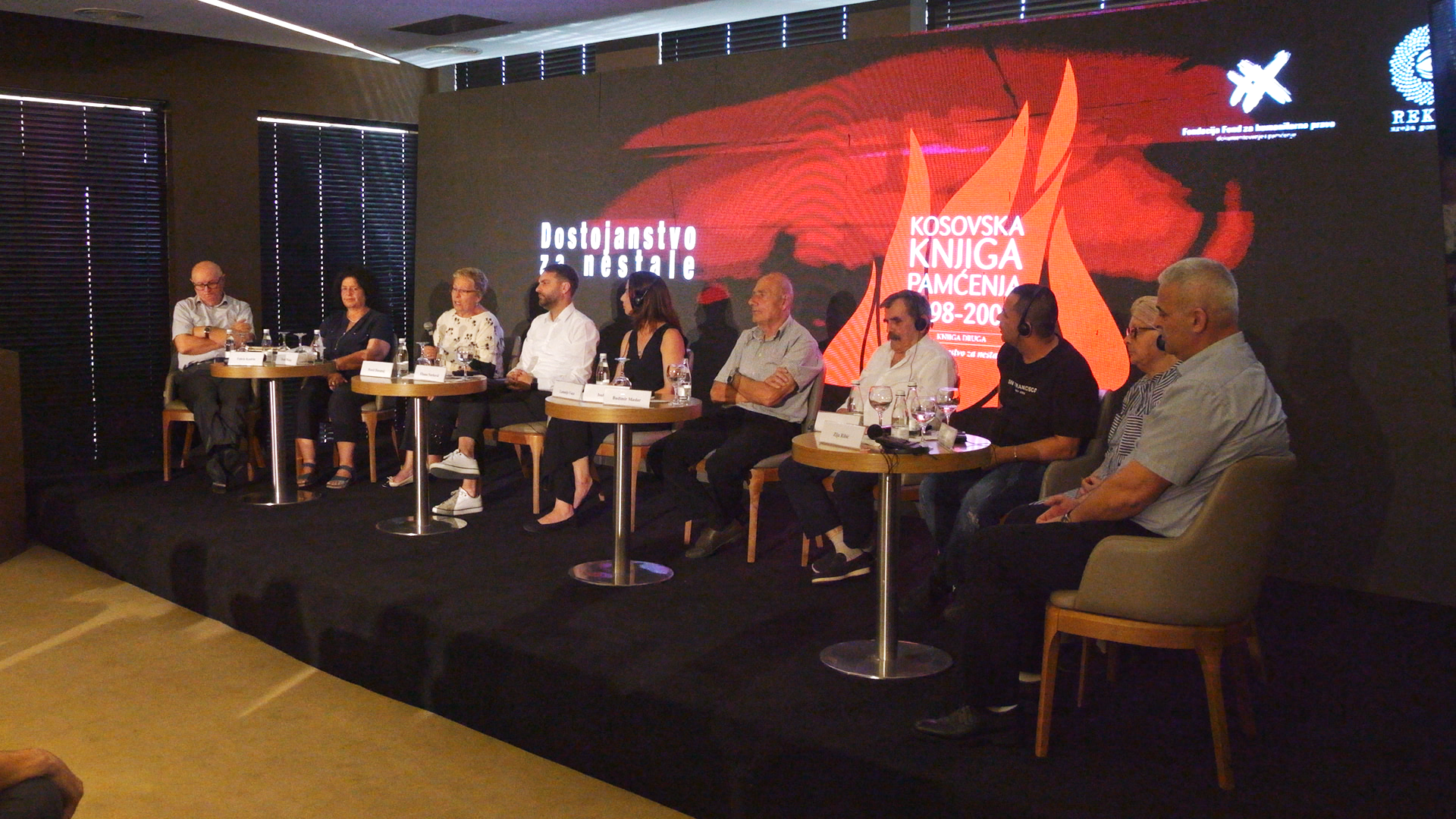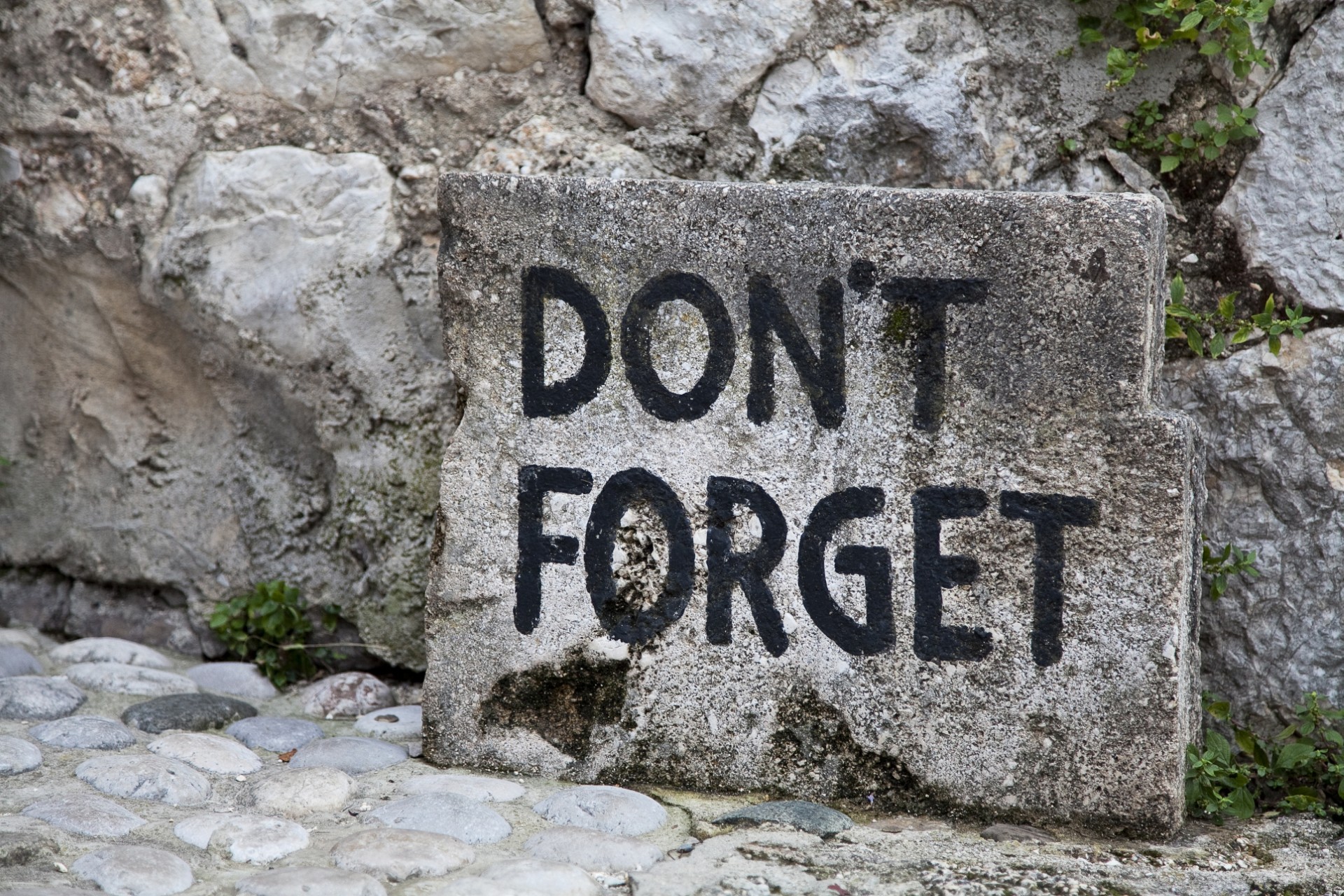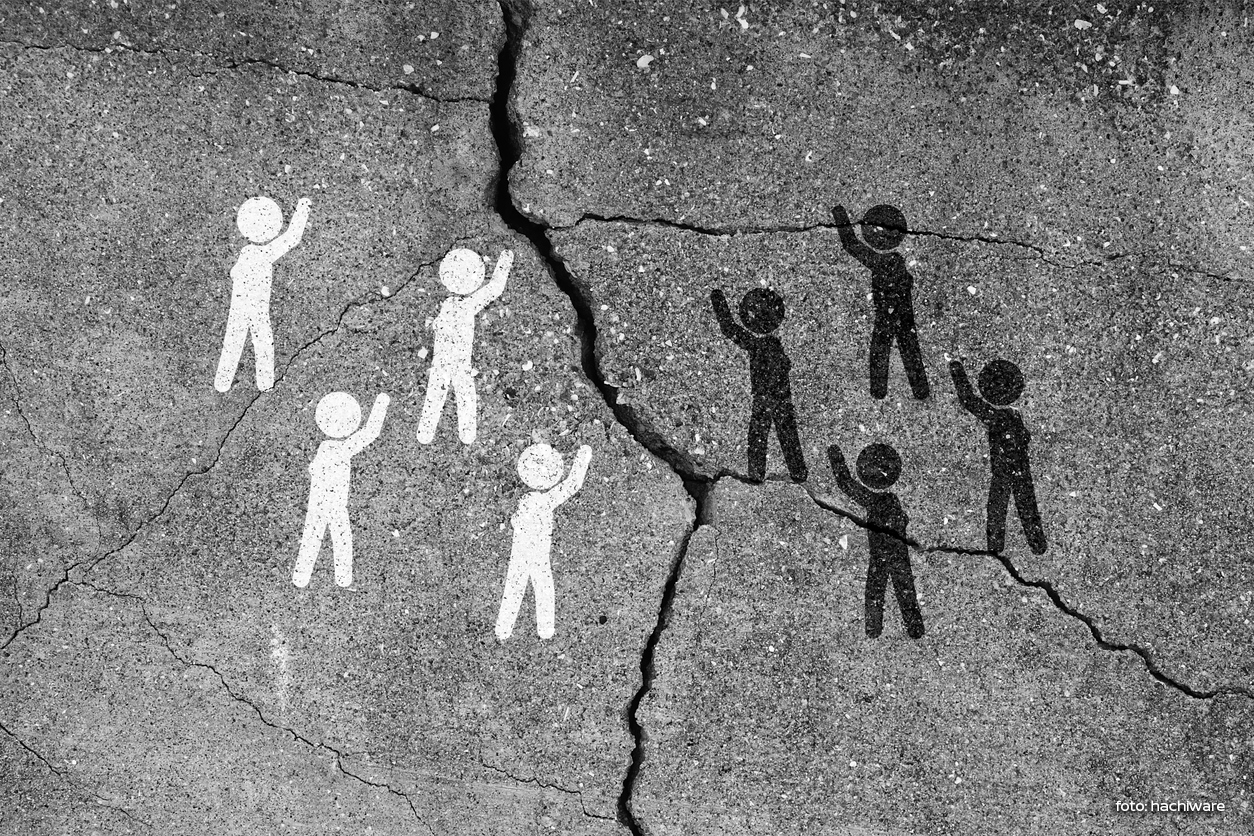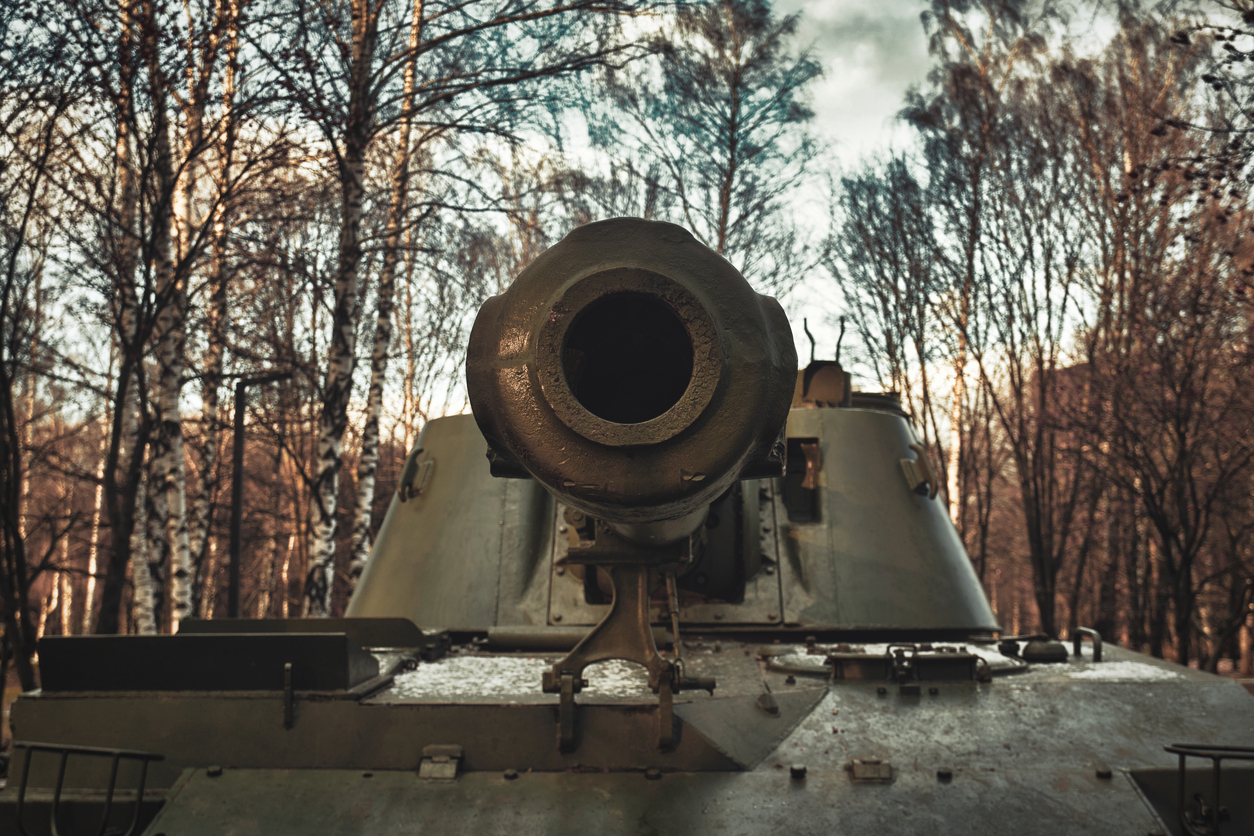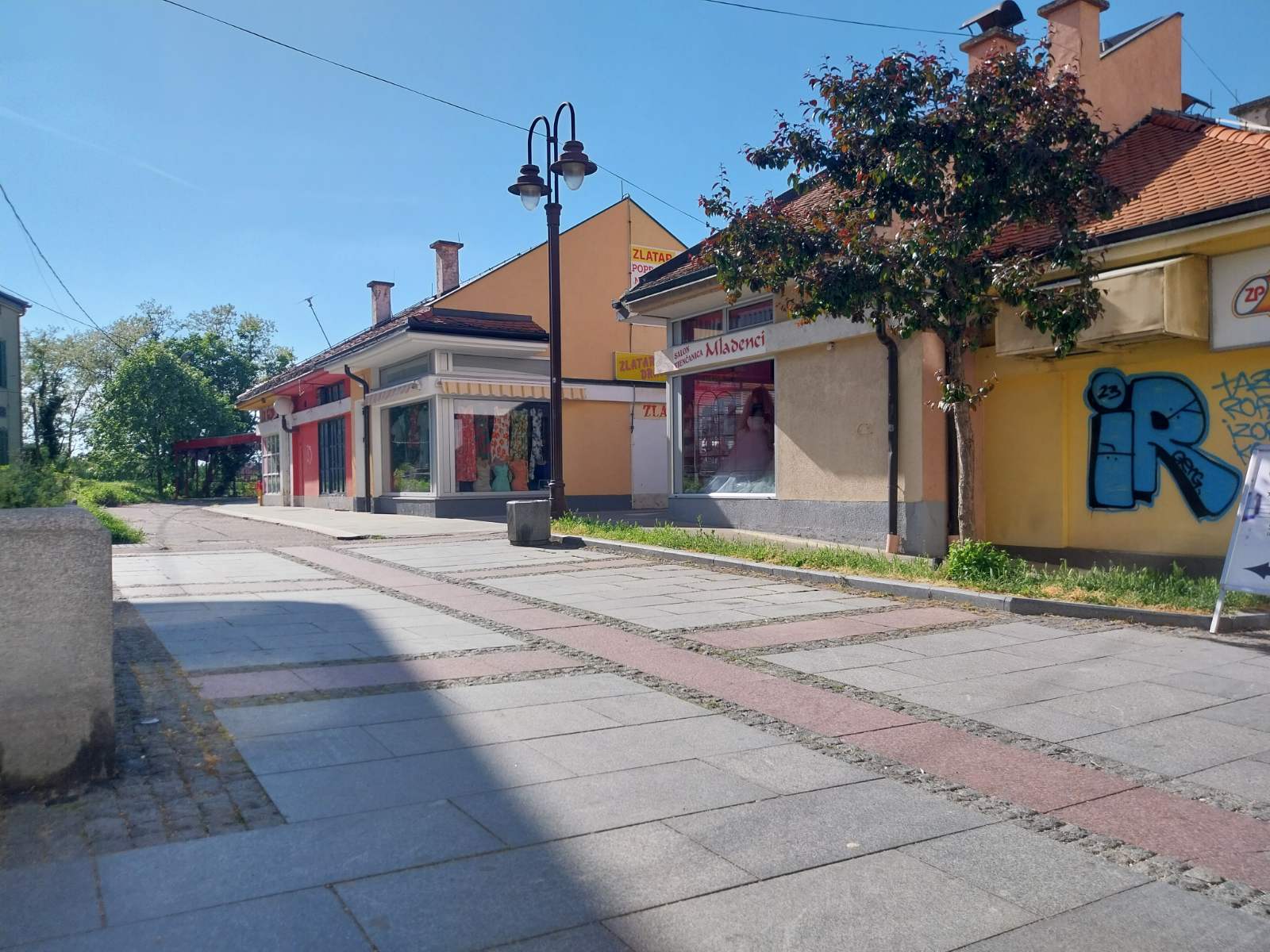By: Selbi Durdiyeva
On the 11th of November, a Prosecutor filed a lawsuit to the Supreme Court of Russia to liquidate International Memorial. Memorial is a non-governmental organisation formed in the 1980s to commemorate victims of Soviet repression, initially driven by the idea to erect a monument. Memorial today consists of 74 organisations, 10 of which are outside of Russia. Memorial is an indispensable part of Russia’s transitional justice, a whole range of processes a society undertakes to deal with the legacies of the previous regime. Memorial played a vital role in drafting and lobbying for reparations; it acted as a self-proclaimed truth commission through testimony and documentation collection, a mandate given to Memorial by the victims themselves. Its branch, Human Rights Centre of Memorial has been documenting human rights violations and advocating for justice for victims since the 1990s, notably, but not limited to cases of human rights violations in Chechnya. Memorial has received overwhelming support in light of the lawsuit; it is the oldest civil society organisation whose role in preserving historical memory has been internationally recognised.
In a dystopian novel, The Memory Police by Yōko Ogawa, situated on a Japanese island, we get a flashback to the surveillance state in 1984 – the Memory Police controls the town. Or more precisely, it controls what people can remember. The objects that are due to ‘disappear’ – roses, hats, novels, birds – get collected from the inhabitants by the Memory Police, thrown into a river, or burnt. When flowers disappear, the scene that the author describes is amorphic – the river is flooded with flowers never to be seen again. Calendars also disappear and the inhabitants live in a constant winter. With the artefacts – objects, notes, letters, that must be gotten rid of, memory fades away, leaving people in a mnemonic abyss. The main character, who is a writer, forces herself to write and, therefore, not to forget when books disappeared.
But some people remember despite the Memory Police’s terror and intimidation, to which people adjust and readjust. Those few who cannot forget are forced to hide in cellars in houses of sympathetic neighbours until they are found. The mother of the main character was taken away by people in long black coats and put in a black car to never be seen again in the darkness of the night. For the sole reason that she remembered.
Those who remember are a moral compass of society refusing to live in amnesia, and one of such organisations is now at the risk of being liquidated by the Memory Police. But the Memory Police does not understand that memories are deeply engrained in our consciousness, and even if we destroy institutions, close archives, prohibit books, the memory remains. Memory is part of our body, the habits we form, the choices we make, however tacit and implicit. It is manifested in the distrust of state institutions, in the informal networking, in the handwritten letters with poems that are passed to political detainees.
Though not in Ogawa’s novel, we can stipulate that before the Memory Police became the Memory Police, it attacked memory gradually, starting with the purges against civil society. In Russia, the introduction of the ‘foreign agent’ legislation in 2012 was a culmination. The amendments to the Law on Non-Commercial Organisations marked two polar opposite conditions of existence for the NGOs in Russia. The ‘foreign agent’ law stipulates that the organisations that deal with ‘political activities’ without belonging to the state structures and that are funded from abroad are considered ‘foreign agents.’ The consequences of ‘foreign agent’ status are that any funds received by an organisation from outside of Russia in the sum of more than 200,000 roubles (around 2,000 GBP) must be reported in detail. The ‘foreign agent’ organisations can be subjected to unplanned checks by state bodies, and all of their materials in public media should be marked with the ‘foreign agent’ label.
Political activities, for the ‘foreign agent’ law, are any activities that critique state politics or deal with social issues. Because the formulation of the law would allow practically any organisation to be considered ‘political,’ it means that any organisation that receives funding from abroad could be regarded as a ‘foreign agent,’ leaving broad discretionary powers to the state to determine who is a ‘foreign agent.’ The law is similar to the measures adopted by the Soviet Union when the state was trying to minimise foreign contacts and any potential international influence on its citizens. From 2020, not only organisations, but also individuals can receive ‘foreign agent’ status. The Prosecutor claims that Memorial has been ‘systematically violating the legislation on foreign agents.’
In 2014, the Human Rights Centre of Memorial received ‘foreign agent’ status, and in 2016, the historical division followed. This decision resulted from an unplanned governmental check when the organisation had provided 31,200 pages of documentation which included financial bills and tax reports, and key information on the nature of their activities. The legislation on ‘foreign agents’ is highly political, targeted against civil society and aimed at demoralising them. The ‘foreign agent’ law has not been the only attempt to discredit civil society but rather represents the peak of the witch hunt. The role of Memorial in Russia becomes that of a victim of present-day oppression as a punishment for the pursuit of justice for the past. Ironically, ‘foreign agent’ is a phrase borrowed from Stalin’s vocabulary.
The Memory Police is a cautionary tale, it warns against the dangers of obedience, inability to think critically, on what happens to us when we forget, forget where we come from and who we are. It is equally an ode to freedom we give up for material ‘stability’ and survival. As a result, we are willing not only to sacrifice those who dissent but also ourselves by agreeing to play along with the rules as long as we are untouched. The dystopian fiction is, thus, not a prophecy but rather a disquieting witnessing.
The storyline in the Memory Police continues with people’s limbs disappearing. People are forced not to use one of their hands and one of their legs. And the inescapable happens – people forget about these parts of their body, which with time become paralysed. Those who remember, in an attempt to protect themselves, try to adjust, but then, inevitably, betray themselves when they start moving the ‘disappeared’ limbs.
Deprived of any memory anchors, the society forgets what would otherwise be unforgettable and unforgivable to forget. Sometimes the objects or memories from the past reappear but society no longer recognises them. We see the parallels in what happens to Memorial in it too. One of the fines Memorial incurred was for not marking all of its posts on Twitter with a ‘foreign agent’ label. In response to Memorial’s explanation that Twitter limits the number of signs per post, the judge asked whether Memorial could use a symbol for ‘foreign agent status’ instead. Memorial representatives asked whether the symbol to which the judge refers is a yellow star.
Memorial, like people who remember in Ogawa’s novel, refused to forget and kept the memories. Around 50 thousand people have contributed documents, artefacts, stories to Memorial. Based on these documents, Memorial has compiled over 100 thousand cases on the victims of repressions in their archive. More than half of these cases have been digitalised, but much work is yet to be done. We are now faced with the question of what will happen to us if Memorial will disappear? Will we struggle at first, but then swallow, and adjust to existence without roses, birds, novels, bodies? Will Memorial find the means to function outside of institutional structures? Will they find creative ways to survive, saving their archives and library?
Ogawa’s novel makes us question what does it mean to remember and what does it mean to forget? How much is our memory tied to our identity and what do we lose when we lose parts of our identity with erased memories? We then become identity-less entities, swept by the burdens of everyday existence. People in gulags did not want to disappear without a trace. They saved their diary notes in clothes, they memorised their poems and repeated them every day in the absence of pen and paper, a whole genre of gulag tattoos flourished. Nor the relatives of disappeared wanted the memories of their loved ones to perish – they looked for their relatives and once mass graves were found, they would bring objects – veils, books, suitcases, letters they wrote to nowhere (‘dear dad, we’ve looked for you everywhere and we’ve finally found you here,’ reads one in Levashovo cemetery in Saint Petersburg vicinities).
Whereas the choice of the Memory Police as to the disappearances seems rather random – roses, hats, birds, novels, music, limbs, the choice of the Surveillance state where Memorial fights its battle is deliberate. The official memory politics in Russia can be characterised as positive reframing, where the atrocities are not denied but are carefully ‘dosed off’ – not to overshadow the World War II victory myth, which is used as an anchor of the nation- and state-building.
The theme of death in the dystopian fable of Ogawa is a running thread – it is an account of how we disappear from the Earth and what is left of us. Alexander Etkind in his book, Warped Mourning, diagnoses Russian society as haunted, uncanny, as the title provides – Stories of the Undead in the Land of the Unburied. Etkind questions what happens to those who were deprived of the right to burial, they come back to us as ghosts, haunting us. The Memory Police is not about learning to live with our ghosts because if we do not remember, ghosts disappear too. In the novel, the disappeared mother who remembered tried to communicate with her daughter after her death through the messages hidden in her artwork. The main character discovers these clues with the help of the friend whom she hides from the Memory Police in her house. Together they create a safe haven of memories – they hide objects in their secret room.
As on the Japanese island, life will go on, even in the face of disappearance. Until we realise one day that all that is left of us is our voice. The man who remembered and who did not disappear tries to caress the voice of his loved one in the absence of her body. The beauty of the book is in its nearly universal appeal – every society, albeit in a different form, has its Memory Police and those who remember. It is also about a battle within us, on how much we, faced with uncomfortable memories or aspects of our identity, are willing to forget and hide it in the dark corners of our being? It is a reference to implicated subjects, as Michael Rothberg denotes, a grey area situated in between and beyond the victim, perpetrator and bystander terrain. In the end, we are all the implicated subjects. As the novel stipulates, without memories, our worlds and hearts become thinner. This is what will happen to us without Memorial.



